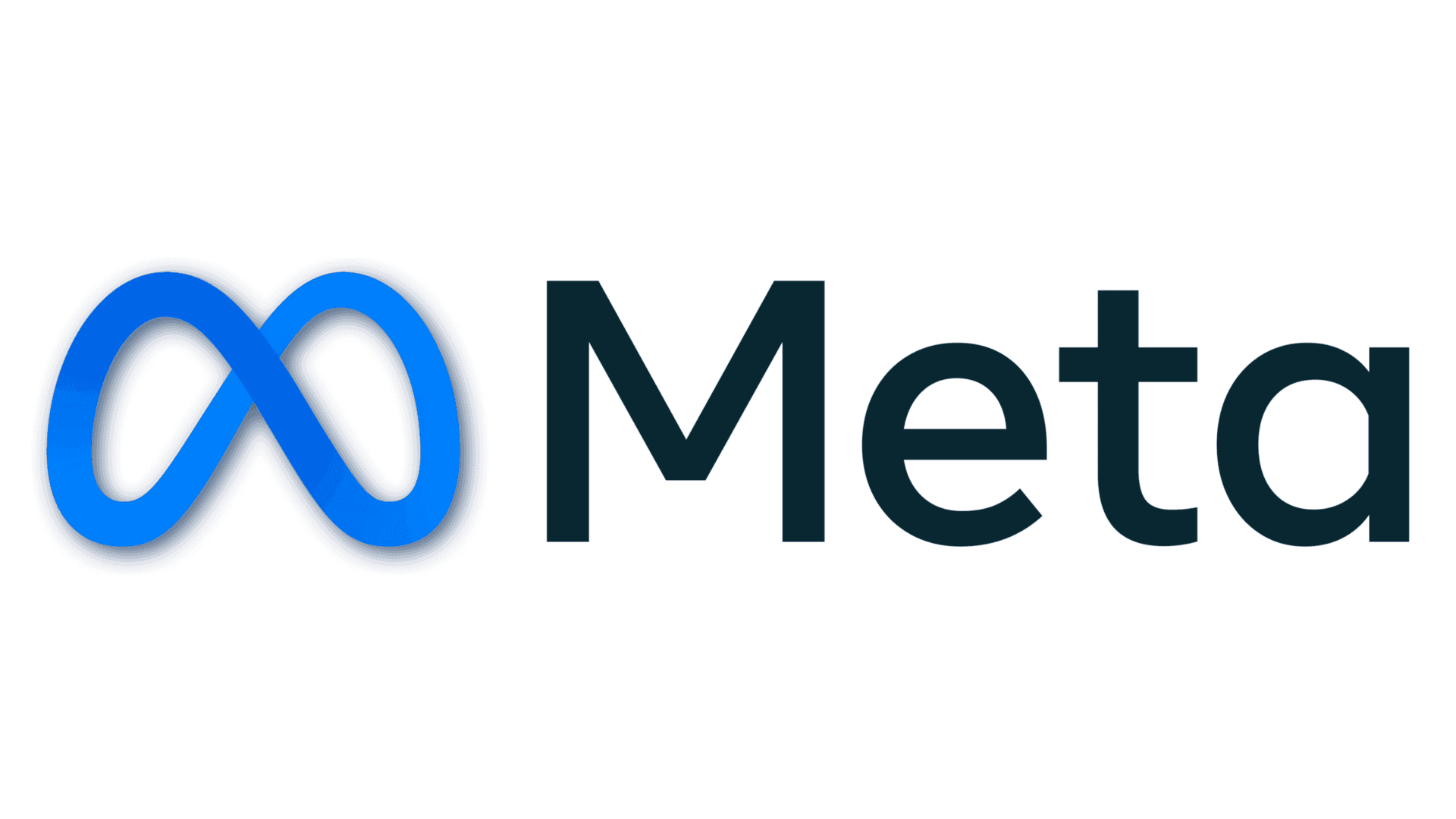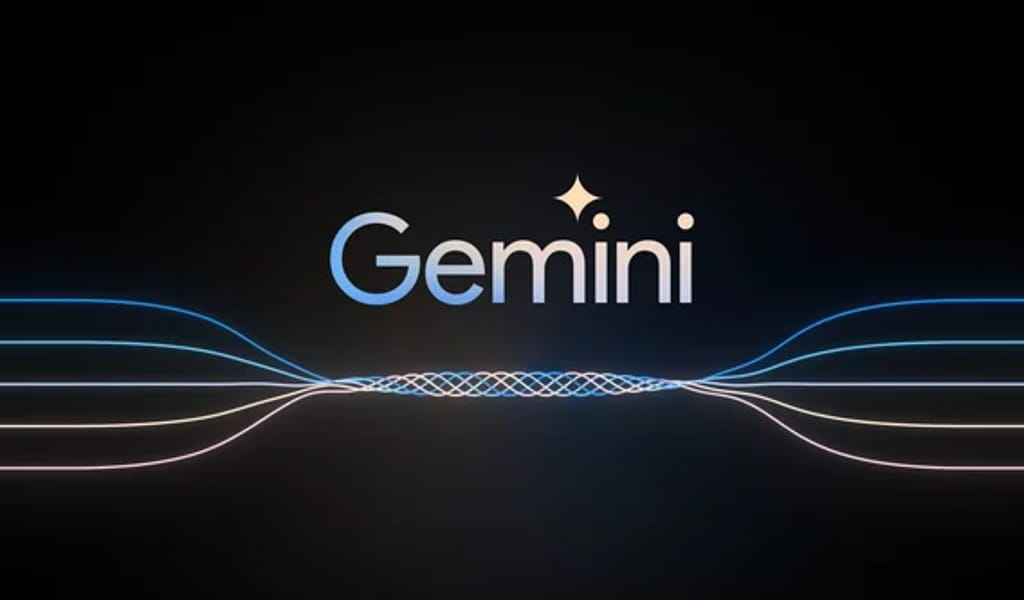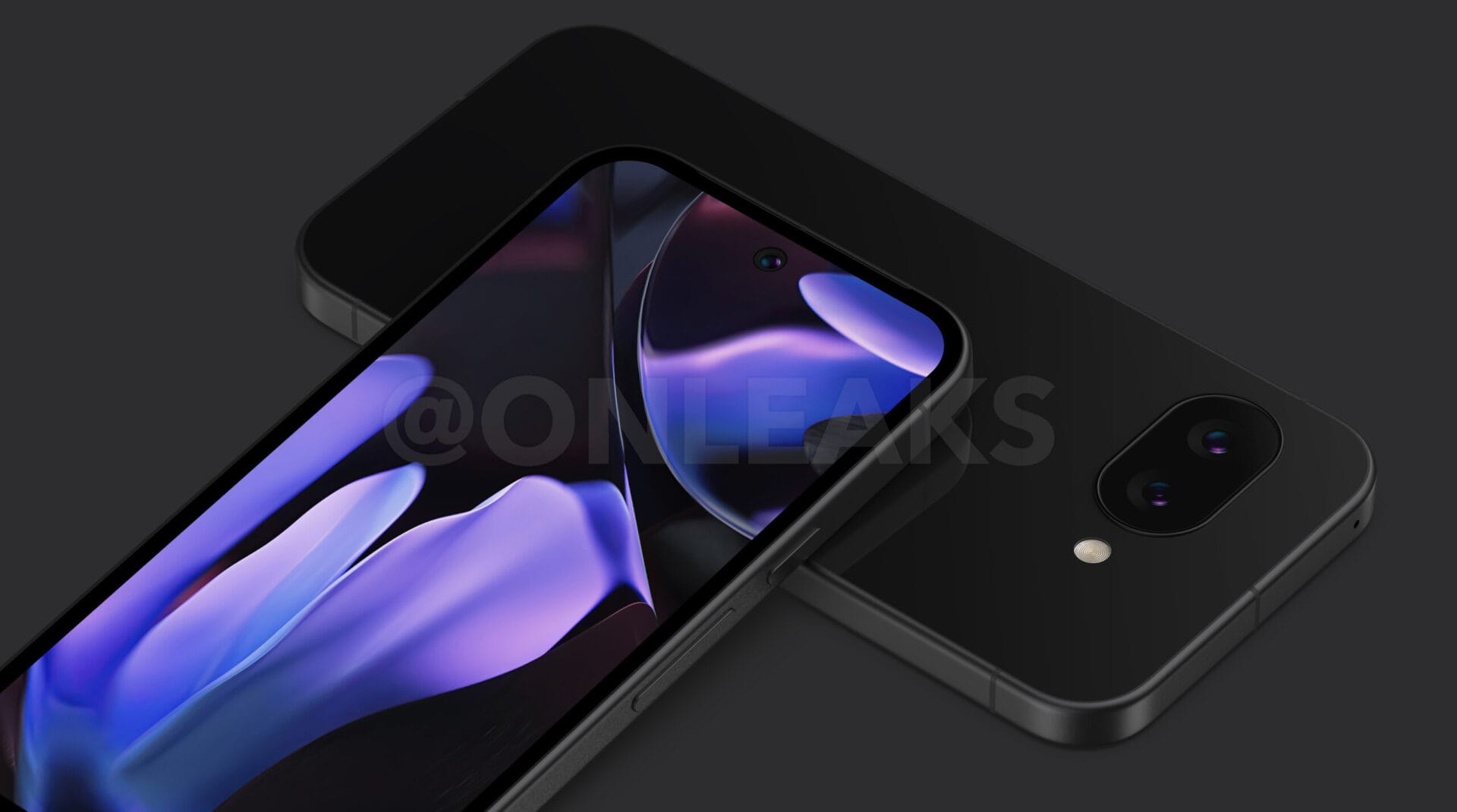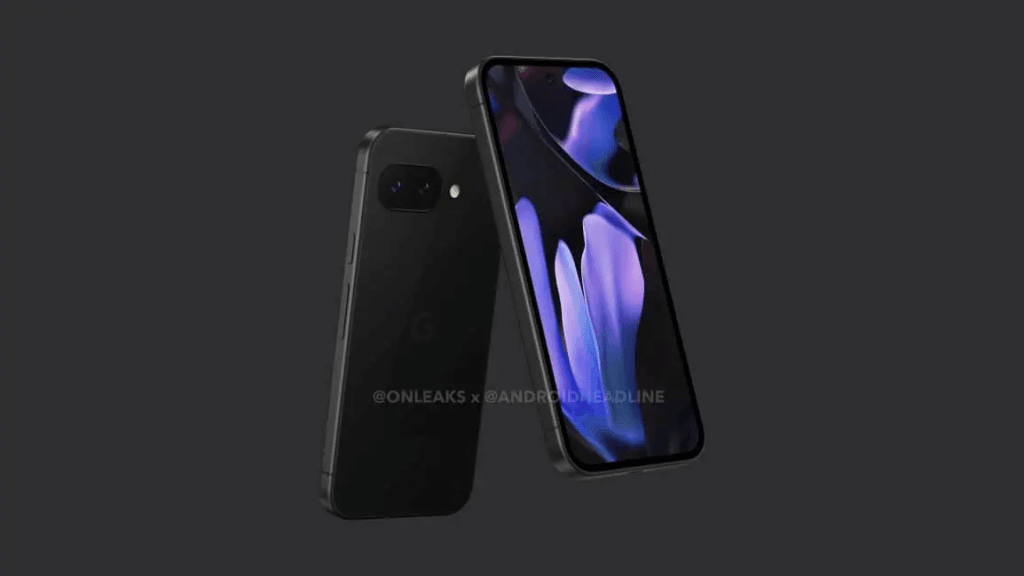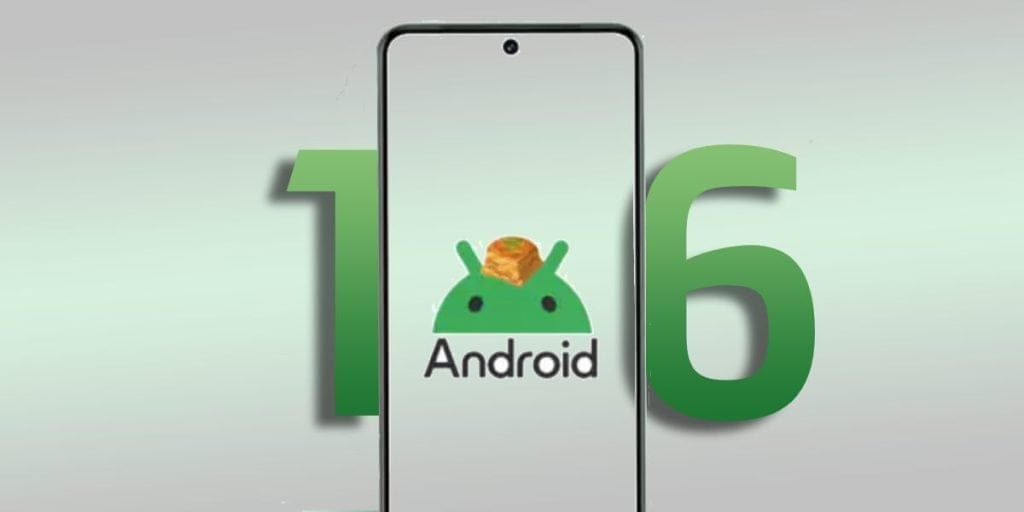Through a blog entry written by Rima Alaily, who is Microsoft’s CVP and Deputy General Counsel, the tech behemoth from Redmond is claiming that Google is running a covert operation to tarnish its reputation before the European Commission.
Google’s Complaint
In September, Google officially lodged a complaint against Microsoft with the European Commission, alleging that the company engages in anti-competitive licensing methods. It accused Microsoft of employing outdated licensing strategies that keep customers locked into a single cloud environment.
Google highlighted that Microsoft has interconnected Teams, its communication platform, with its main SaaS (Software as a Service) products, Office 365 and Microsoft 365. In the complaint, Google claimed that Microsoft is also doing this with Microsoft Azure, making it difficult for customers in Europe to “transfer their existing Microsoft workloads to other cloud services – despite there being no technical reasons preventing it – or impose what Microsoft acknowledges is a massive 400% price increase.”
Microsoft’s Response
Microsoft contends that Google is attempting to divert the attention of regulators from the ongoing legal challenges the company is currently facing. There are over 24 antitrust inquiries into Google in major digital markets around the globe.
Microsoft asserts that Google is trying to skew the regulatory environment to its advantage instead of competing fairly in the cloud services market. The company argues that Google is using the OCC (Open Cloud Coalition) as a guise to gain regulatory support. This coalition, which was launched today, includes global companies like Civo and Gigas, as well as smaller firms such as Pulsant, Clairo, and Room 101.
Coalition’s Goal
Nicky Stewart, a spokesperson for the coalition and former ICT chief in the UK Cabinet, stated that the group aims to encourage lawmakers to examine restrictive contracts and support a more open and adaptable market for competitors.
Microsoft, Google, European Commission, Gov.uk


